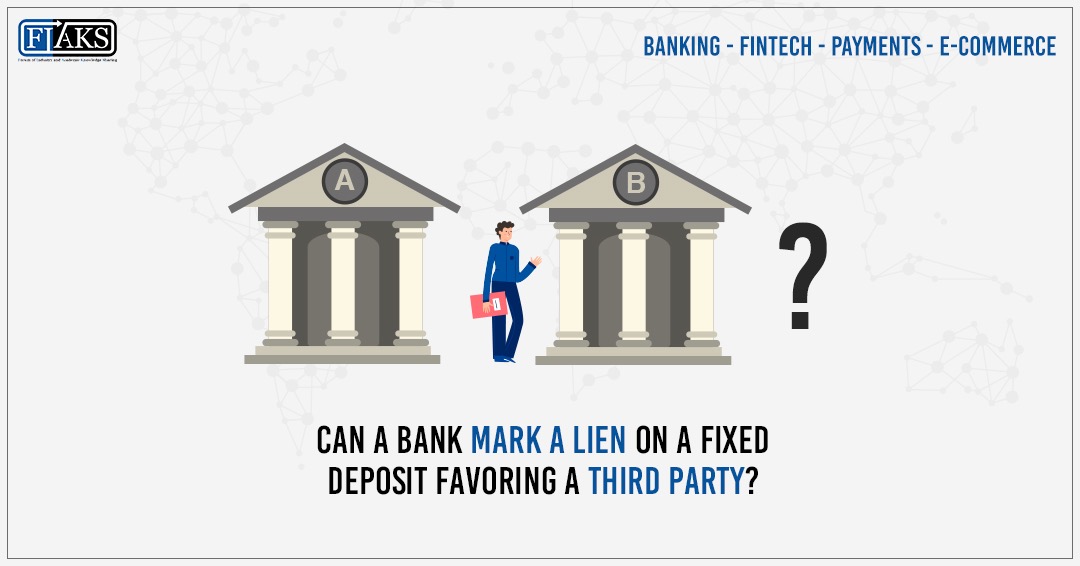Several Founders, Co-Founders, CXO Bankers, CXO Fintech professionals & people who participated in the ePanel discussions are:
- Mr. Narayan Rao, Chief Services Officer, Suryoday Small Finance Bank
- Mr. Dhanender Chandna, Managing Director, Viren Finaccess
- Mr. Neeraj Chandra, Head of Operations, Abu Dhabi Commercial Bank
- Mr. Pattabhiraman Iyer, Senior Vice President & Chief Solutions Architect Intellect Design Arena Ltd
- Mr.Pratap Ghosh, Head Liabilities Product Group, Bandhan Bank Ltd
- Ms. Hemal Vira, Gr Exe Vice President and Head NRI Products, Remittances and International Alliances, YES Bank
- Mr. Rahul Guha, former General Manager-Marketing at Telenor
- Mr. P D Singh, Former General Manager, Bank of Baroda
- Mr. Shashank Chowdhury, Former Executive Vice President-Inclusion Initiative, Vakrangee Software Ltd
- Mr. Taron Mohan, CEO & Promoter, NextGen Telesolutions Pvt Ltd
- Mr. Sugata Datta. Former Advisor & Chief General Manager, Bank of India
- Mr. Vikas R Panditrao, Co-Founder, Forum of Industry Academic Knowledge Sharing (FIAKS)
- Many other CEO/CXO Bankers & Fintech professionals on FIAKS Forum who participated as anonymous
We came across a question put forward by one of our members- “Is it permitted by regulations/laws for a bank to mark a lien on a Fixed Deposit favoring a third party?”
Interesting. We put the same question up for discussion in the FIAKS community. First, let’s understand the question properly with an example. A customer-Mr A opens a Fixed Deposit in XYZ Bank. Mr. A offers that Fixed Deposit as a security for some other deal with Mr. B. So Mr. B approaches XYZ Bank and asks to mark a lien on the Fixed Deposit favoring him. Can a bank mark a lien on the Fixed Deposit, favoring Mr. B who is the third party and not connected to the bank in any way?
One member pointed out that a more straight forward way to do this would be to issue a Bank Guarantee (BG) by backing it with the Fixed Deposit as collateral. He also mentioned that marking a third party lien on Fixed Deposits is fairly common, especially for weighty money in government contracts, but it should be avoided as it has no sound legal standing. The other option of providing loans or overdrafts to third parties against Fixed Deposit is highly common these days.
Also, there needs to be an underlying contract between Mr. A and Mr. B that necessitates such a lien.
Another member gave us a different scenario to analyze- “ABC NBFC gives an Education Loan. As they cannot accept deposits, their customer is asked to open an FD with XYZ Bank with a lien marked in favor of ABC. Is this permissible?” Some replied that it is permissible. It is quite common to issue such deposits especially in Stock Exchange and Customs. These are pretty much like the securities and guarantees that must be given on a government contract. Another remarked that the NBFC would not be in a very favorable position, in case any dispute arises.
There has to be a specific agreement between the parties and the bank for this to work. The terms have to be irrevocable & absolute. The third party has to agree to
a) Mark lien on his FD
b) Allow payment to the first party on demand & without demure & without reference to the 2nd and 3rd party.
Another fact was pointed out that only if the education loan envisages collateral security, then this can be a valid method. Additionally, for accepting third-party deposits as collateral, the third party needs to be a guarantor as well. Banks do not take term deposits held in other banks as security for their lending.
On the other hand, some were of the opinion that if the deposit and the loans are in different banks, it would not be allowed. Only if they’re at the same bank, it is allowed to mark lien against a Fixed Deposit or any deposit held in the bank as collateral for a loan/overdraft.
This statement perfectly backs the above judgment, with regards to Mr. A-Mr. B example at the beginning of this discussion:
“Unless there’s an underlying legal business transaction for the bank or it is an ‘interested party’, it will not oblige to mark a lien on deposit of its customers in favor of non-customers.
If the bank has agreed to provide security to Mr. B or his bankers for a legal business reason, and Mr. A has expressed a willingness to mark a lien on his deposits favoring Mr. B, for the same business reason, then the bank may agree to do that.
Normally? No- because a Fixed Deposit Receipt is not a negotiable instrument, but merely a receipt.
Register & Read the entire discussions and RBI circular on this matter

